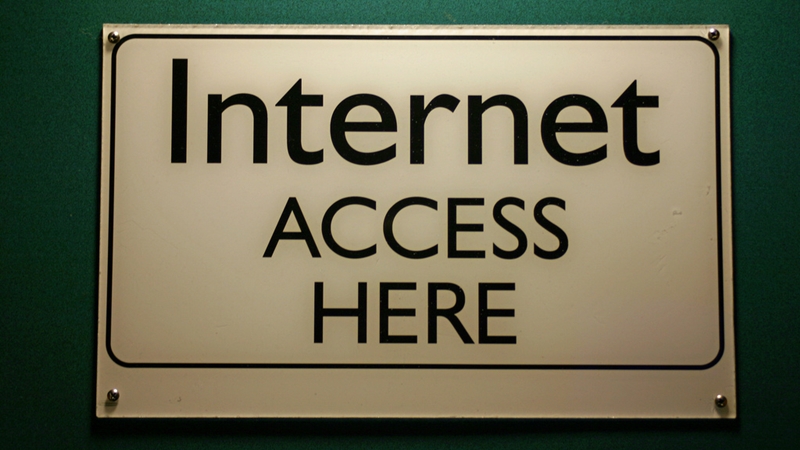Charles Andudu is the chief executive officer and founder of Swift Networks in Nigeria, a company that has spent the last two years bringing high performance mobile networks to Lagos. Its goal was to get broadband to locals as fast as possible, and to do this Swift opted for a wireless solution because building wired infrastructure would take too long.
The trouble, however, is that internet consumption in Nigeria has shifted from simple communication to more complex things like work and distance learning. This meant that Swift’s solution couldn’t be based on slower 3G technology, and as such Swift chose to use LTE Advanced technologies together with WiMAX.
“We chose Huawei as a partner and it took them 90 days to manufacture, ship and implement the technology that we needed to bring internet to the people,” Andudu told us at AfricaCom. The wireless technology is comparable to fixed line solutions in speed, but the installation, Andudu said, is far quicker as there is no need to dig trenches or tear up roads.
The wait is over
Customers who once had to wait six months for internet connectivity due to capacity issues can now access the internet with near immediacy.
Before the wireless network was launched, only 10% of Swift’s Lagos customer base was able to connect to the internet; this has since risen to 80% with the implementation of the new LTE and WiMAX solution. As of right now, Swift is the reason 180 000 Nigerians are online.
Of course this does not mean that Nigeria can now rest easy. As Andudu explained, more and more Nigerians are now using the internet for data-intensive activities such as watching videos, which incidentally accounts for 53% of all network traffic in Nigeria. This means that while the wireless solution works for the time being, it will need to be paired with a fixed line solution as well.
As Andudu explains to us, “No one solution can help all users, one needs wireless and fixed line solutions to complement each other. This has given us a fast solution, but as [the] internet becomes more of a utility, we do need to upgrade infrastructure to prepare for the future. Wireless adoption in Nigeria is faster than it is in the USA and the European Union.”
While wireless technologies might not compare with fibre speeds, the advantage of wireless is that users can access the internet anywhere which means that more opportunities become available to them. .
In closing, Andudu tells us that coming from having minimal internet connectivity has actually been a blessing in disguise. He said “…the advantage of having [had] nothing is that we can now have the best,” meaning the country has been able to take advantage of more effective technologies right away, without having to go through its evolution as other, somewhat more developed nations did.
[Image CC by 2.0 – Steve Rhode]

